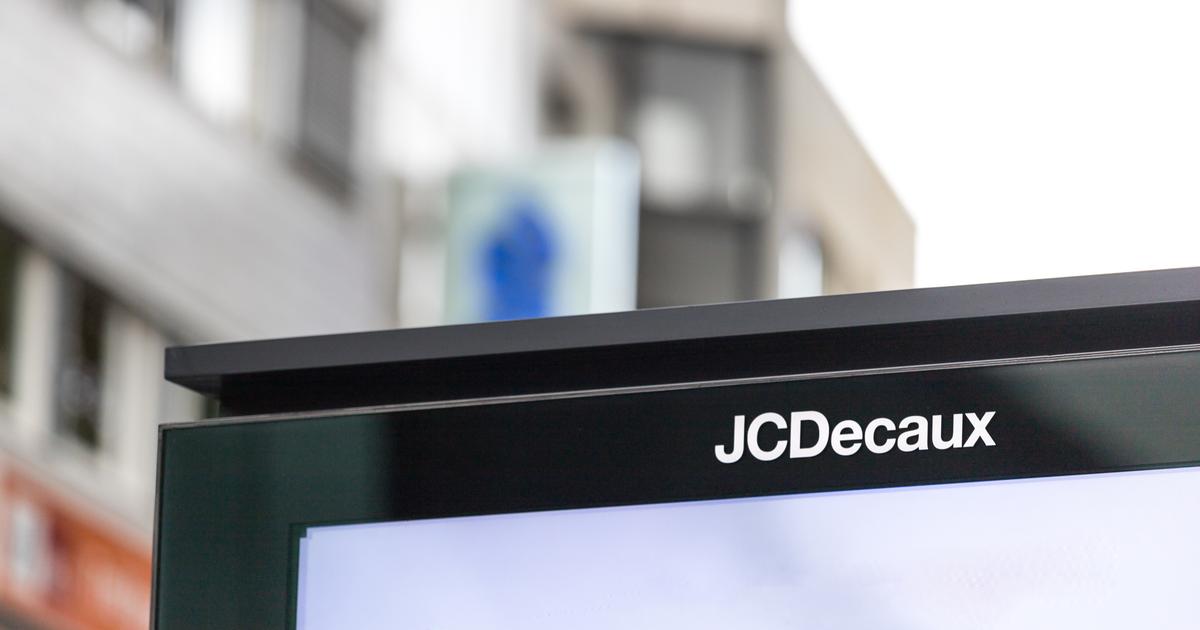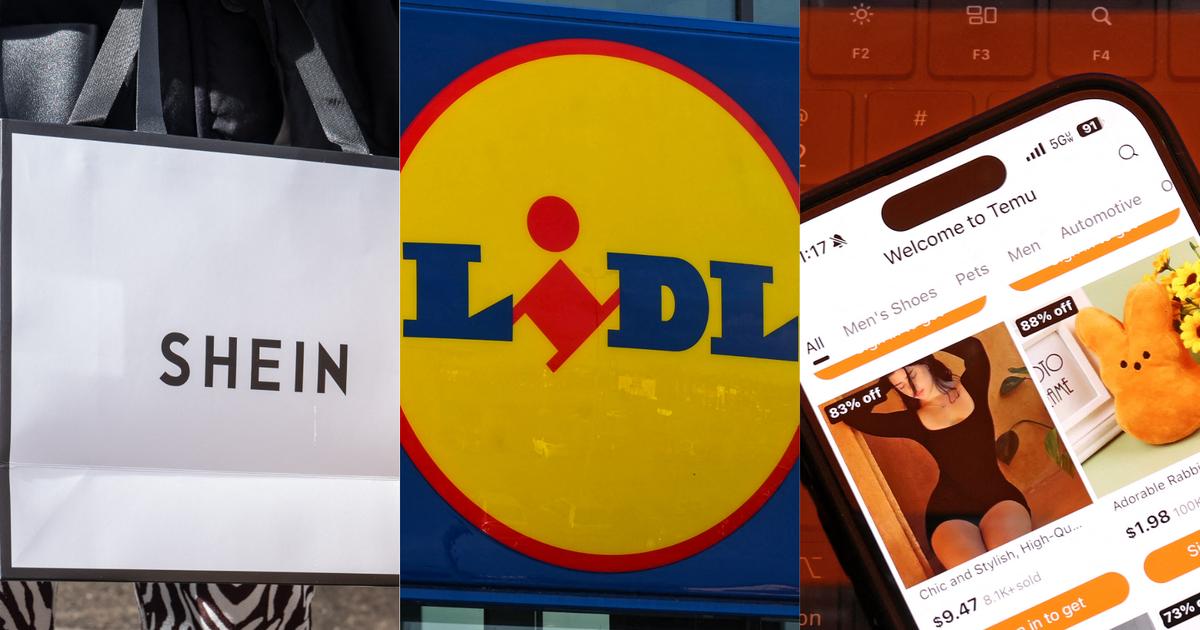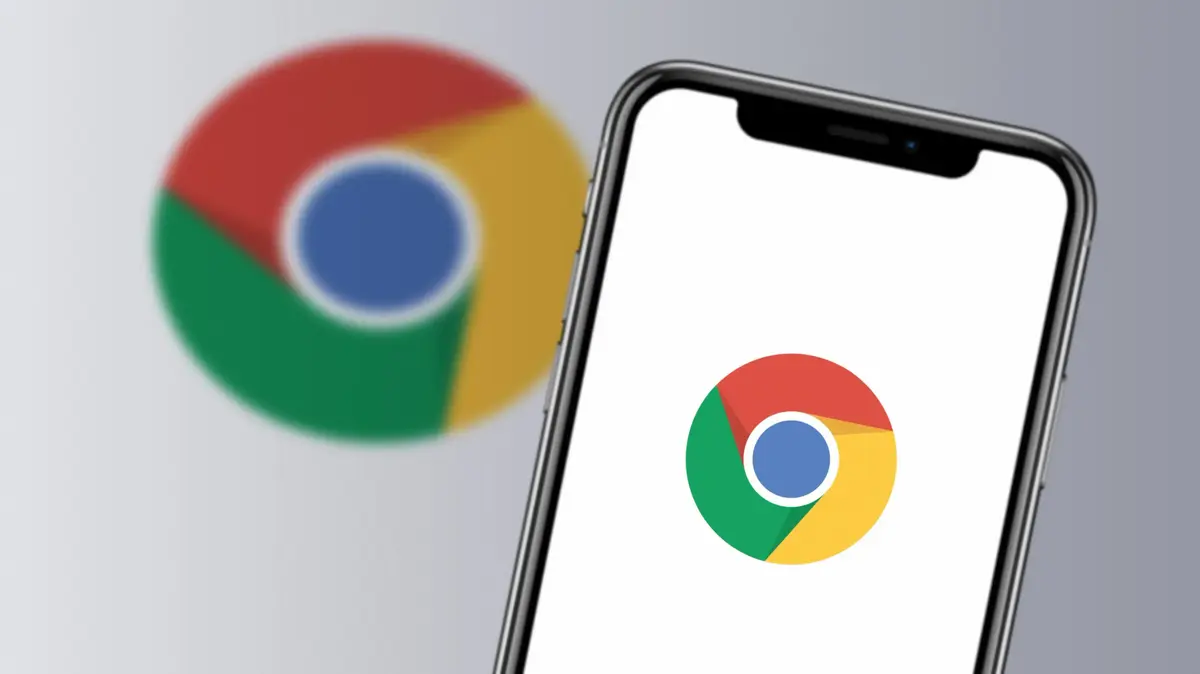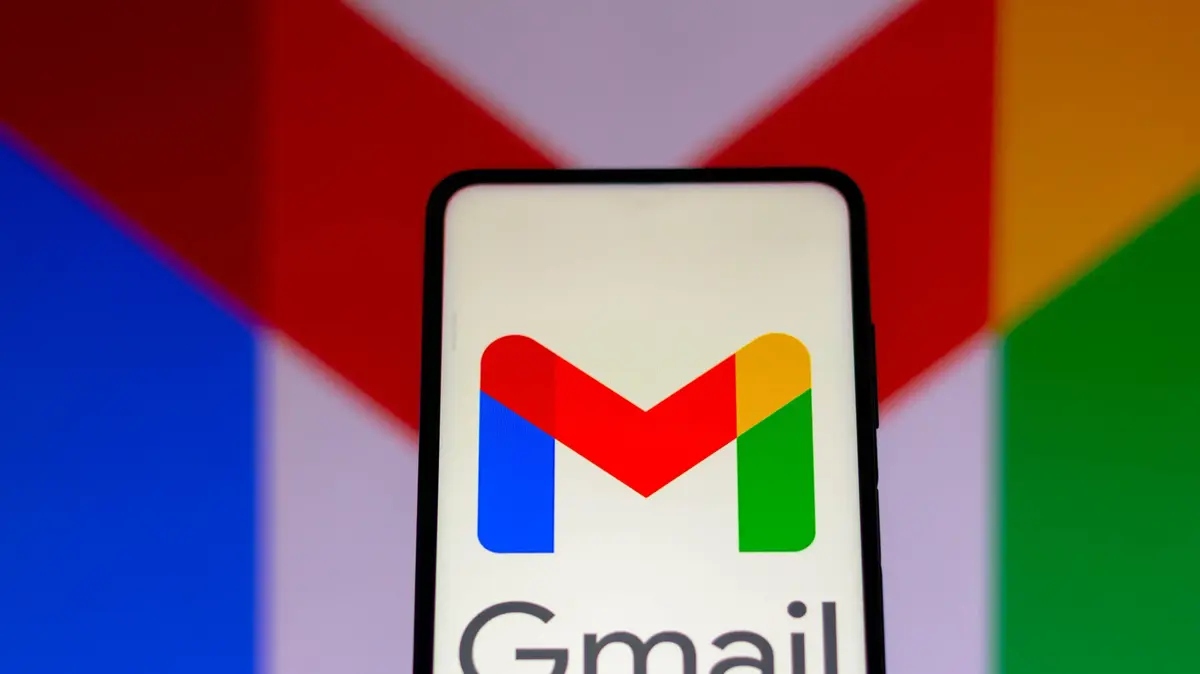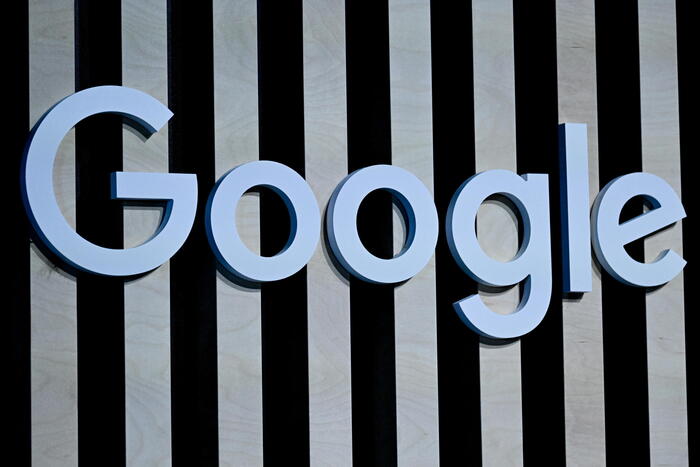Google again postpones the launch of the private sandbox, but urges advertisers to wean themselves off cookies
The private sandbox was supposed to provide an improved privacy solution for Chrome users who opt out of cookies, but Google has repeatedly delayed its launch and advertisers are at a loss
Ditza Kern
03/08/2022
Wednesday, 03 August 2022, 11:21 Updated: 11:49
Share on Facebook
Share on WhatsApp
Share on Twitter
Share by email
Share in general
Comments
Comments
The most interesting and professional conversation (Photo: Unsplash)
In the pastoral world of Google's concepts, brands, advertisers and website owners are all children who need to sit nicely in a sandbox surrounded by a wall of roses, and stop gobbling cookies.
If the last sentence confused you, it's because you are intelligent people.
Stay with me, I'm already explaining.
Google Chrome, the browser that controls 65.87% of the market, was supposed to stop using cookies (third-party cookies), which allow advertisers to collect consumer information about users, by the end of 2022, but this important step, which was previously postponed to 2023, has now been Another postponement to 2024.
This is a particularly significant step that is expected to affect the way in which users are exposed to advertisements and the types of personal information that online advertisers will be able to collect about them.
Google's private sandbox (Privacy Sandbox) is designed to provide an alternative to advertising identifiers and other tracking solutions currently used by advertisers for the purpose of displaying personalized ads without the use of cookies, but apparently, it is not yet mature.
According to the new timeline, the sandbox API will be available to Chrome users starting in the third quarter of 2023, and cookie support will finally end in the corresponding quarter of 2024.
Google's current delay is a reminder that brands, advertising agencies, technology providers and publishers have home to do, whether in the Google Sandbox application or other Kokiles solutions.
This is especially true when in the background there is economic uncertainty that already greatly affects the digital advertising expenses of businesses.
For evidence, just last week it was reported that the profits of the digital advertising giant Meta (or should I say, dead) had dropped by almost a third.
The sandbox is under renovation - sorry, Google
The reason for the current delay is simple: despite dire warnings from experts and shifting regulatory priorities, it's not yet clear what a cookie-free future will look like.
What complicates matters is that the private sandbox, with which Google planned to replace at least some of the features of the cookies, does not yet deliver the goods, and it has yet to be widely adopted.
The regulator can be compared to a school principal who imposes a punishment on children who, due to their young age, are unable to withstand it.
"The most consistent feedback we have received is the need for more time to evaluate and test the new sandbox technologies before eliminating cookies in Chrome," wrote Anthony Chavez, VP of the private sandbox, in his announcement on Google's blog. According to him, "a phased transition from cookies to the sandbox will ensure That the Internet can continue to thrive, without relying on cross-site tracking identifiers or covert techniques like the use of fingerprints."
If you have half an hour to spare, and you want to understand more, listen to this wise woman:
Wean off cookies - move to the litter box
The world of advertising has gained another year in which it can wonder about the jar of the sandbox, the launch of which is planned for the third quarter of 2023. Along with other solutions that are currently facing tests and approval procedures.
Industry experts emphasize that despite the change in Google's schedule, there is no reason for the chubby advertisers to delay their weaning from cookies, and they should already be looking for healthier solutions for collecting information about users.
"It's time for website owners and marketers to take control of their destiny and move from cookie-based personas to people-based personas," said Travis Klinger, senior vice president of addressability and ecosystem at LIVERAMP in an email from the company. According to him, postponing the move for better short-term performance is no more self-deception.
One last cookie and that's it
To draw on the Google analogy a bit more (what do you care? I enjoy it), delaying the end of the cookies is like a parent unable to say no to a child.
One cookie and that's it, and one more, and it's already too much (but if we insist enough we might get another later).
For marketing and advertising people, this rejection can be both a blessing and a curse.
While the delay provides more time to prepare, it highlights the ambiguity surrounding our readiness to wean off cookies, inside and outside the litter box.
Meanwhile, the good kids, the entrepreneurs and startups who invested in alternative identification solutions, are now finding that their time-to-market has moved away once again, and that they have another challenge on the way to adopting solutions that will be acceptable to both the market and the regulators - both the classroom and the teacher.
Given that the entrepreneurial journey itself is full of ups and downs, we can only hope they don't give up along the way.
Experiments on website owners
Those who have followed the rate of development and adoption of privacy alternatives, and recognize the problematic nature of some of the leading proposals in the sandbox, were not really surprised by Google's delay.
Features such as TOPICS, which is designed to display ads according to interests, and FLEDGE, which will allow them to be displayed according to application usage habits, are the only two features as of today that have been tried and approved, but they have not yet proven themselves, and many elements are still missing to complete the picture of the future No cookies.
In other words, Google tells us "if there are no cookies, eat shit", but it turns out that the advertisers are not as suckers as she thought at first.
Martech RTB House, a company that was active in FLEDGE trials, launched this experimental API to more than 2,700 publishers worldwide, but its trials suffered from bottlenecks around API availability in Chrome and the fact that supply-side platforms (SSPs) did not have a compatible solution to Provide ad inventory to trial demand-side platforms (DSPs).
It all starts with education
"With problems like this, Google must explain how this transition period is going to work, and educate the industry about its tools," said Lukas Wloderczyk, VP of Growth and Innovation at RTB
. Before launching FLEDGE on a larger scale.
Otherwise, the market will move away from cookies in favor of intrusive privacy tools, instead of striving for real improvement in the form of dedicated privacy APIs," declared Wloderczyk.
Or loosely translated, if the system does not provide adequate education, we will have to move to home education.
Besides the sandbox, there were Experts recommended adopting other cookie-cutter solutions, from first-party data and behavioral data to ID-free Tiergot solutions based on artificial intelligence and dynamic creative.
Others have emphasized that a cookie-free future is more realistic in environments that never served cookies in the first place, such as mobile apps, smart TVs, and large parts of the Internet, but that leaves most of the active advertisers out of the equation, and they are essentially the problem kids in the classroom.
Gardens surrounded by a wall of roses
The big-tech answer to weaning off cookies is to invite the audiences to 'walled gardens', where the advertisers themselves are entrusted with keeping the consumers' information and their trust, but some argue that this should not be their job.
"The move to walled gardens will be necessary for advertisers and stakeholders who already feel pressured by the changes in the privacy landscape," said Mark Perlstein, chief revenue officer at the data platform Permutive. Strengthens the technology giants," he added.
"A new breed of ad-tech should empower brands to treat consumer data with respect by creating an infrastructure and not as an intermediary.
Big Tech's role is to be a driving force behind a new era of privacy, allowing companies to overcome uncertainty and move towards a more responsible internet network."
"Marketers need to ask themselves if their investments are manageable, actionable, and measurable," Klinger said.
"Those moving towards a cookie-free future and negotiating based on business results rather than traditional reach and ad metrics can be sure that their media budgets are working harder than ever."
Ditza Keren
is an entrepreneur and content writer at Walla!
Marketing and digital
Marketing and digital
in the headlines
Tags
Google
cookies
privacy
Online privacy
regulation


